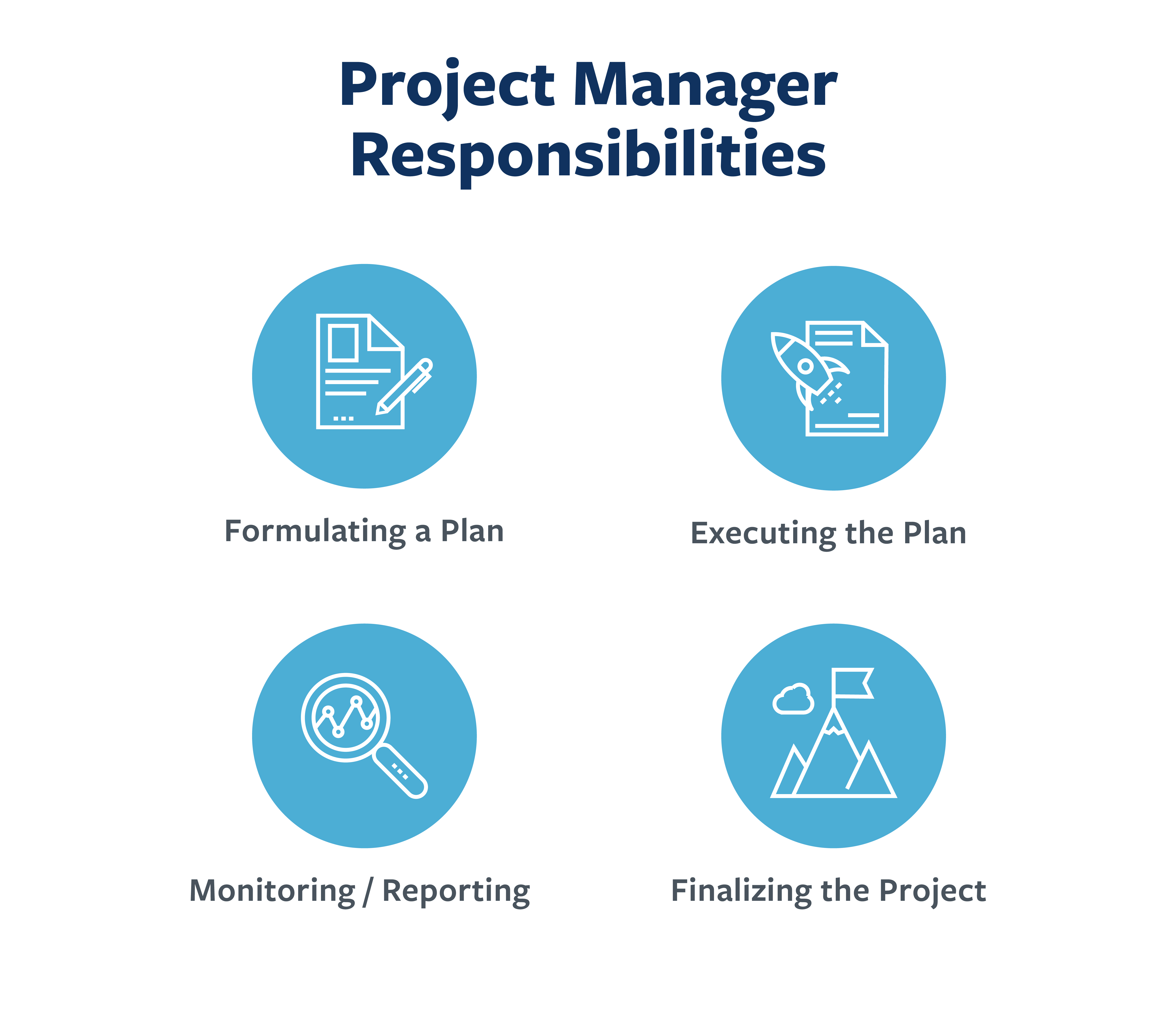Project Manager Background Requirements
While a specific college degree is not required, it is helpful to have a foundation in business, computer science or another industry-related field. An MBA or MSM (Master of Science in Management) also provides a prospective project manager with the necessary context to thrive in this field.
Similarly, certificates — like a Project Management Professional (PMP) certificate or a Certified Associate in Project Management (CAPM) certificate — are preferred, but generally not required. Additional credentials, such as the Certificate of Completion from Berkeley Tech Project Management Boot Camp, enable participants to develop the proficiency to lead technology projects in a variety of industries.
A key technical competency for any project manager is resource planning, which requires the ability to build a workable plan and shift resources at a moment’s notice. This includes adjusting budget, staffing and managerial focus as priorities change.
In addition, a grasp of project management software (e.g., Asana, Basecamp, JIRA, Microsoft Project) enables project managers to plan and track workflows more effectively. At the same time, project managers use agile frameworks, such as Scrum and Kanban, to run projects iteratively, whereas methodologies like Waterfall are best suited for linear, sequential projects. There is also the prospect of using hybrid methodologies, where the foremost attributes of these frameworks are melded and put to best use.
Soft skills are also essential for anyone looking to fill this role — a conclusion that’s supported by PMI research. Communication skills are particularly important, as indicated in a study by The Economist Intelligence Unit, where 44 percent of business leaders pointed to faulty communication as a reason projects are delayed or left incomplete. Conversely, an emotionally intelligent PM (i.e., self-aware, empathetic, socially skilled) will likely produce more effectively in such a position.
The ability to think critically — considering all available information and reasonable constraints — and then confidently make decisions in the best interests of the project is a key PM trait. The ability to think clearly and critically, though under stress and in the midst of differing opinions and agendas, is one of the most valued skills a PM can have, and one that organizations value greatly.
And finally, one of the most difficult responsibilities of the PM, is the ability to manage conflict, which the Project Management Book of Knowledge (PMBOK) calls “one of the biggest challenges a project manager faces.” How do you mitigate such issues? How do you strike at the root causes of a conflict? How do you build a constructive working relationship? These are the questions a successful project manager must answer correctly every day.
 Live Chat
Live Chat

